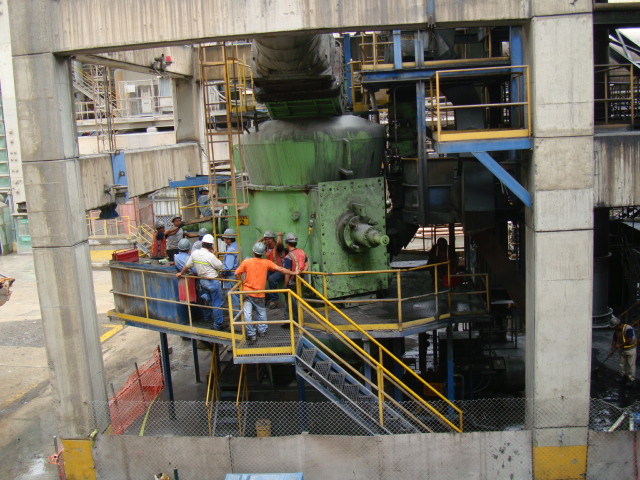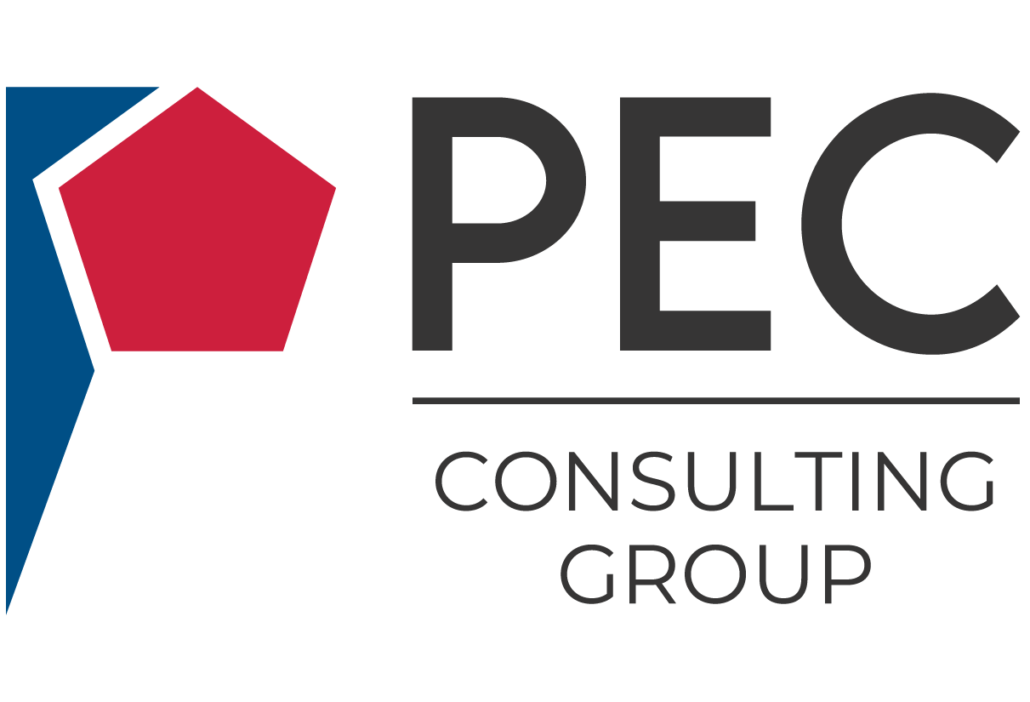Benefits of Plant Maintenance and Reliability Audits
By Ken Rone
Work processes and best practices that enhance equipment reliability expand realized capacity by avoiding unnecessary production interruptions. Production interruption due to lack of equipment reliability increases a unit’s production cost. In recent years, reliability engineering concepts have been adopted by process industries with the realization that significant improvements in financial performance can be achieved.
For each percentage of availability lost, facilities lose millions of dollars due to lower production capabilities. However, a small increase in equipment reliability converts to an increase in production and large increases in revenue, particularly for those products in strong demand (by the magic of incremental margins). Considering the high capital costs invested in the minerals industries, increasing reliability results in a high return on investment.
Figure 1. Maintenance on Plant Equipment

When investigated, the lost opportunities tend to fall into one of three categories:
- Less than optimum work processes.
- Human error.
- Equipment faults.
As a prudent defense, management must commit to training, improving work processes, evaluating equipment operations and documenting maintenance histories to determine improvement opportunities.
Typical results of an effective Enterprise Reliability Strategy include a 10% – 15% reduction in conversion cost accompanied by an 8% – 15% increase in real production capacity, with no significant capital investment in production equipment.
As capital-intensive industries around the world grapple with developing successful strategies for improved reliability, pacesetter companies have forged ahead of others by developing and implementing an Enterprise Reliability Strategy bringing with it these tangible benefits:
- Accurate analysis of equipment maintenance, repair, and replacement records. Decisions become data driven rather than “reflex”. That’s not so say that a seasoned EAM (Enterprise Asset Management) team does not attain “unconscious competency” as the methods become second nature.
- Increased availability of production systems and equipment yield more product at incremental cost rather than diluted cost.
- Fewer failures of production systems and equipment, resulting in fewer unplanned outages. Repairs flow with improved efficiency and effectiveness. Crews deal with equipment on the company’s terms rather the equipment’s terms. Callouts and overtime are eliminated.
- Improved product quality and an associated reduction in energy, material and labor costs related to losing or reprocessing product. Fewer start-ups and cool downs reduce waste or off-spec product. Processes “flat line”.
Reliable equipment and histories, betters MACT, environmental, and MSHA compliance. - Reliable equipment reduces insurance premiums.
- Lower costs for system and equipment maintenance, spare parts inventory, and capital replacement. Rework is reduced.
- Enhanced morale among management and the work team as they learn to enjoy a proactive environment instead of surviving in chaos. Employees are empowered to make a difference and see professional rewards for their efforts.
- Additional real capacity as operating units are able to operate at higher levels for sustained periods without excessive equipment failure, perhaps avoiding capital expansion.
- Higher profits from the compounded effect of reduced conversion costs and increased output.
The competitive advantage will be to the player that can deliver its full capacity reliably, on time, with a quality product that meets the customer’s expectations.
Maintenance & Reliability – PEC Consulting’s Value Proposition
PEC Consulting has provided comprehensive Maintenance and Reliability Audits to mineral processing facilities identifying critical aspects which prevent plants from increasing their capacity and maximized competitiveness. We have provided recommendations and action plans to bring each plant to a World Class / Best in Class Maintenance facility.
We can analyze your Maintenance and Reliability management systems, preventive and predictive systems, organizational structure and staff, methods and procedures to benchmark and score your maintenance systems against industry best practice standards, making the appropriate recommendations for improvements, with follow-up audits to help with the implementation process.
About the Author(s)
The main contributor to this feature article was Ken Rone, Senior Consultant at PEC Consulting Group.
PEC Consulting Group LLC | PENTA Engineering Corporation | St. Louis, Missouri, USA
How can we help you? Get in touch with our team of experts.
